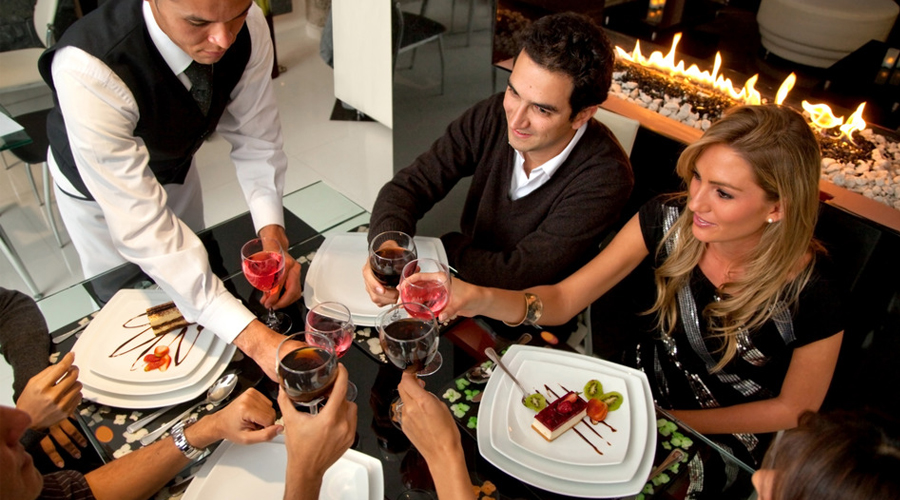Original Article from "The St.Augustine Record"
Posted: August 28th 2019
If you were looking for a category of Florida’s more mixed up laws, put beer, wine and liquor sales at the top of your list. Hectic, archaic or downright dumb make good modifiers.
This is especially true for the state’s budding business of craft beers and spirits. While it might be expected the state would cast a friendly eye on this new generation of small business entrepreneurs, that doesn’t seem to be the case.
We think it’s fair to say that in the next few years if nothing changes, it will be easier to buy a joint at a St. Augustine business than a drink on premise at a distillery.
That’s been a sticking point for Philip McDaniel, CEO and co-founder of the St. Augustine Distillery on Riberia Street downtown. The business is so popular trailer trains include it on their rounds. But McDaniel operates in a kind of 80-proof twilight zone.
He can’t grow his business because of a 65,000-gallon limit on production. And the paperwork to keep track of that is mind-numbing. He can’t sell more than six bottles to any one customer. Visitors ask him to ship them bottles, but by law, he can’t ship his product.
And he’s not allowed to serve his product on premise. If you’re wondering what he can do with his product, you get it. How would restrictions such as these play out in your business?
A bill seeking to remedy some of these silly restrictions made it through Florida’s House in this year’s session, but got tied up in the Senate.
Our own Sen. Travis Hutson took notice, McDaniel said, and has filed SB 138 to be heard in 2020 session — opening this year in January, not March (but that’s another editorial). Hutson’s bill takes on some of these inequities and also pares down some legislation on wine sales.
It would change a recent law called “Merlot to go” that allows patrons of a restaurant to take home a partly consumed bottled of wine, but only if it was consumed with a “full-course meal, consisting of a salad or vegetable, entrée a beverage and bread,” according to the law.” It does not specify rye, wheat or white, so...Continue Reading



